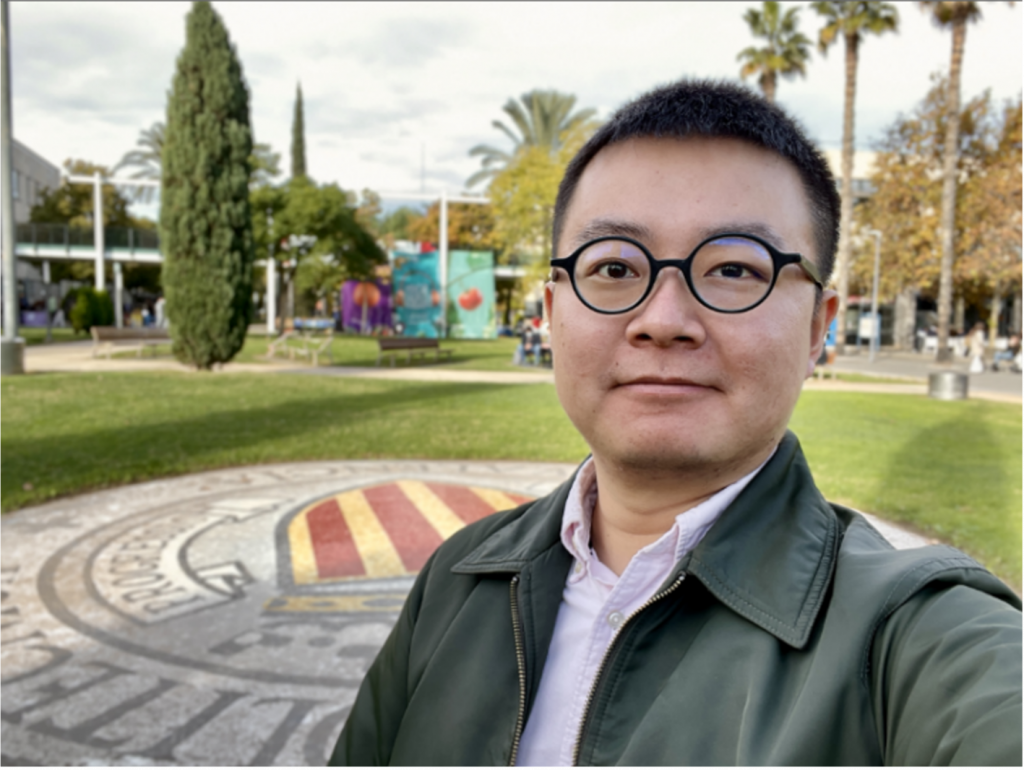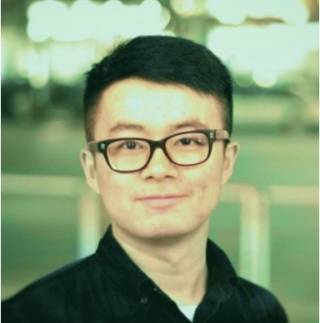 My name is Jie Lei, the MSC Actions early researcher on APROPOS project at the Valencia Polytechnic University, Spain. I received Master of Science embedded system and internet of things degree at Newcastle University, UK. I later joined μsystems research group at Newcastle University in investigating low power voice recognition application on edge devices (microcontroller) using a newly proposed reinforcement learning AI called the Tsetlin Machine.
My name is Jie Lei, the MSC Actions early researcher on APROPOS project at the Valencia Polytechnic University, Spain. I received Master of Science embedded system and internet of things degree at Newcastle University, UK. I later joined μsystems research group at Newcastle University in investigating low power voice recognition application on edge devices (microcontroller) using a newly proposed reinforcement learning AI called the Tsetlin Machine.
I also have great passion on technologies such as low power embedded systems, FPGA accelerated computing and Artificial intelligence.
The research experience lighten up my perspective towards the society, I am eager to contribute my knowledge and work to shape a more intelligence and eco-friendly world.
Thanks to the generous opportunity Horizon Europe provided, I am able to join the Marie Skłodowska Curie research project along with other talented candidate on designing a more energy efficient digital word using the transprecision computing technology.
The transprecision computing technology is very intuitive to understand. Imaging you are hiking towards the top of the mountain. If the terrain is flat and wide, you would pay more attention to enjoy the view of your surrounding and pay less attention to the path you are waking. On the other hand, if you are walking through a river or rough terrain. You would be concentrating on your walking and evaluate each step you will make.
The transprecision computing is exactly like hiking. The computer requires multiple mathematic calculate in order to complete the task that human requested. In those mathematic calculations, the computer can “skip” certain less critical computations in order to save time and energy. The metaphor “skip” in computer science is reducing the precision of the computation. The transprecision computing allow the program to “skip” certain task dynamically in order to balance the accuracy of its computation with fast computing time.
In my project at UPV, Spain, I am going to develop transprecision computing design based on an energy efficiency and powerful technology called FPGA (Field-Programmable Gate Array) on machine learning.
liner algebra system and analytics. We could further accelerate the FPGA design, allow it to compute faster and more energy efficient.
I am very privilege to participate in this EU founded project. I will continue to dedicate my time and energy in this research and producing outcome to shape a technology driven and Eco-friendly Europe.

